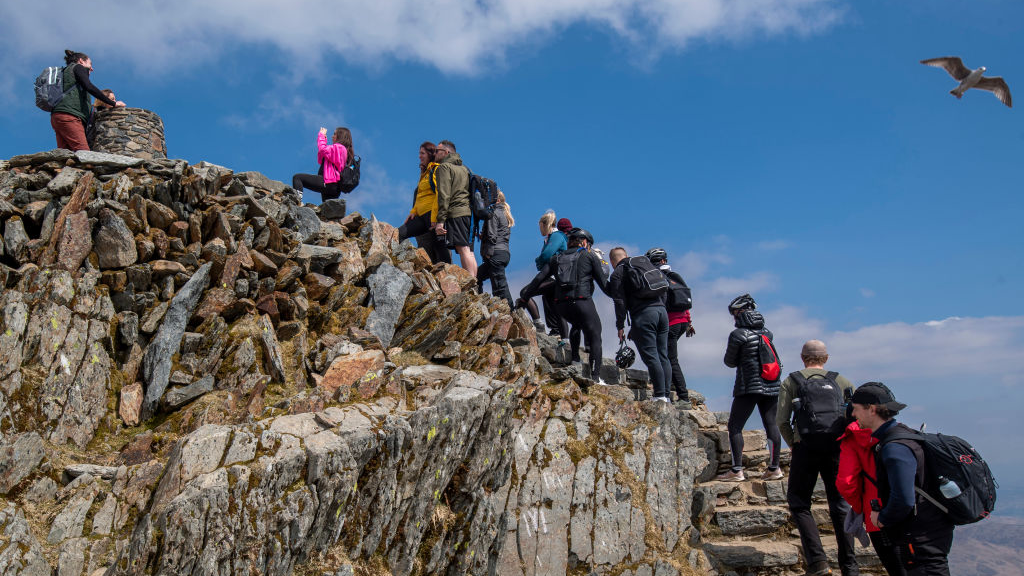How to keep insects out of your tent
8 practical tips to keep insects out of your tent and guarantee a better night’s sleep at camp
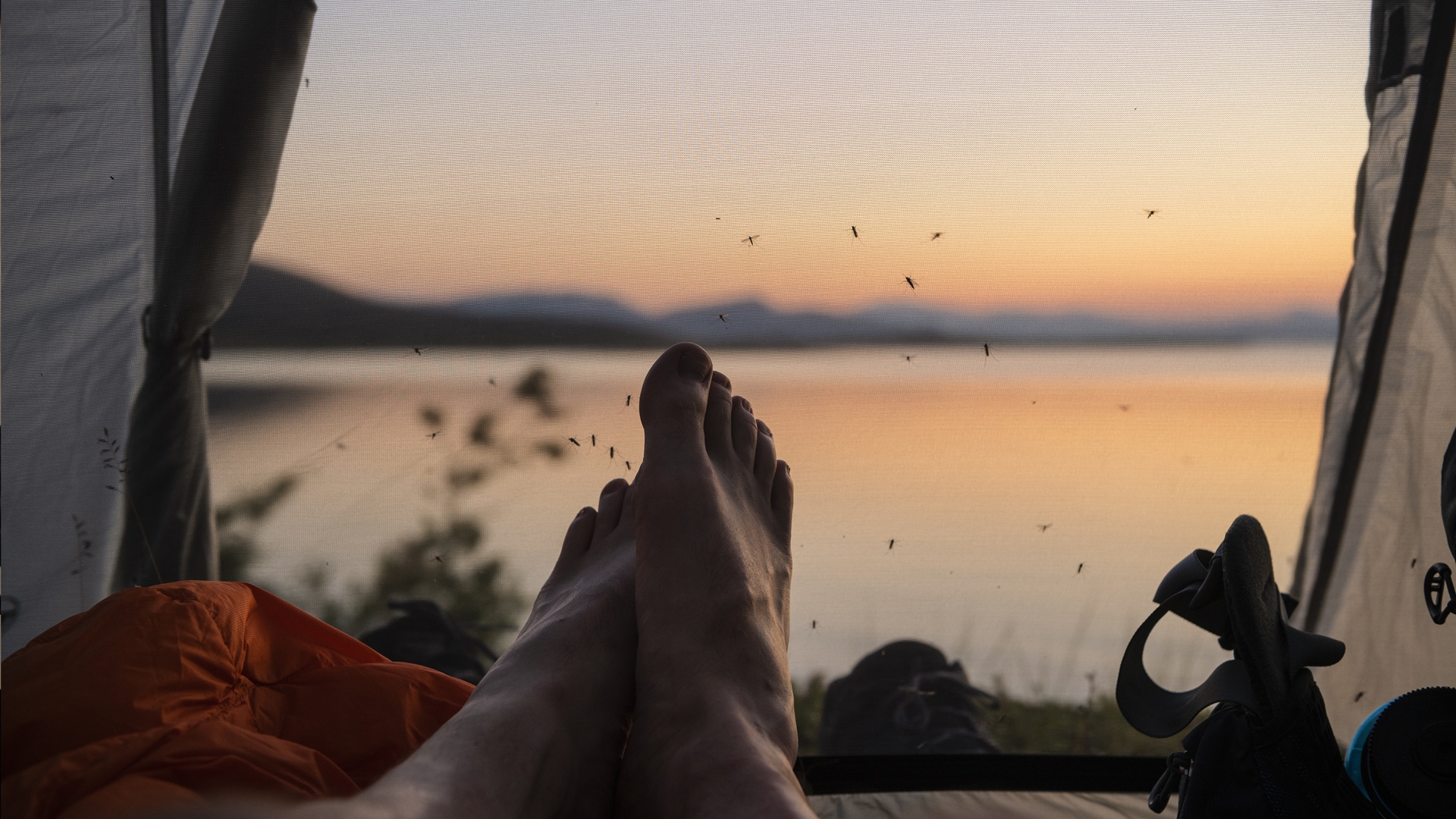
A big part of camping is getting more connected to nature. Getting your feet in the dirt, feeling the breeze against your skin and gazing at the stars. Sometimes, however, you get a little too connected to nature – when a blood-sucking parasite decides to set up on your skin and have a feast.
Dousing yourself in insect repellent containing DEET, wearing a mosquito head net and long sleeves is a good way to keep chomping critters at bay when you’re hanging out around the campfire and cooking around the stove. When you climb into your sleeping bag at night, however, the last thing you want is to hear the whine of a mosquito or wake up two hours later scratching like mad.
It’s tempting to spray insect repellent on your tent, but it’s thought that this can actually damage your tent fabric, making for an expensive fix. So what can you do to make sure your sleep shelter stays bug-free? Well, start with our eight tips for how to keep insects out of your tent and you’re guaranteed to have a better night’s sleep at camp.
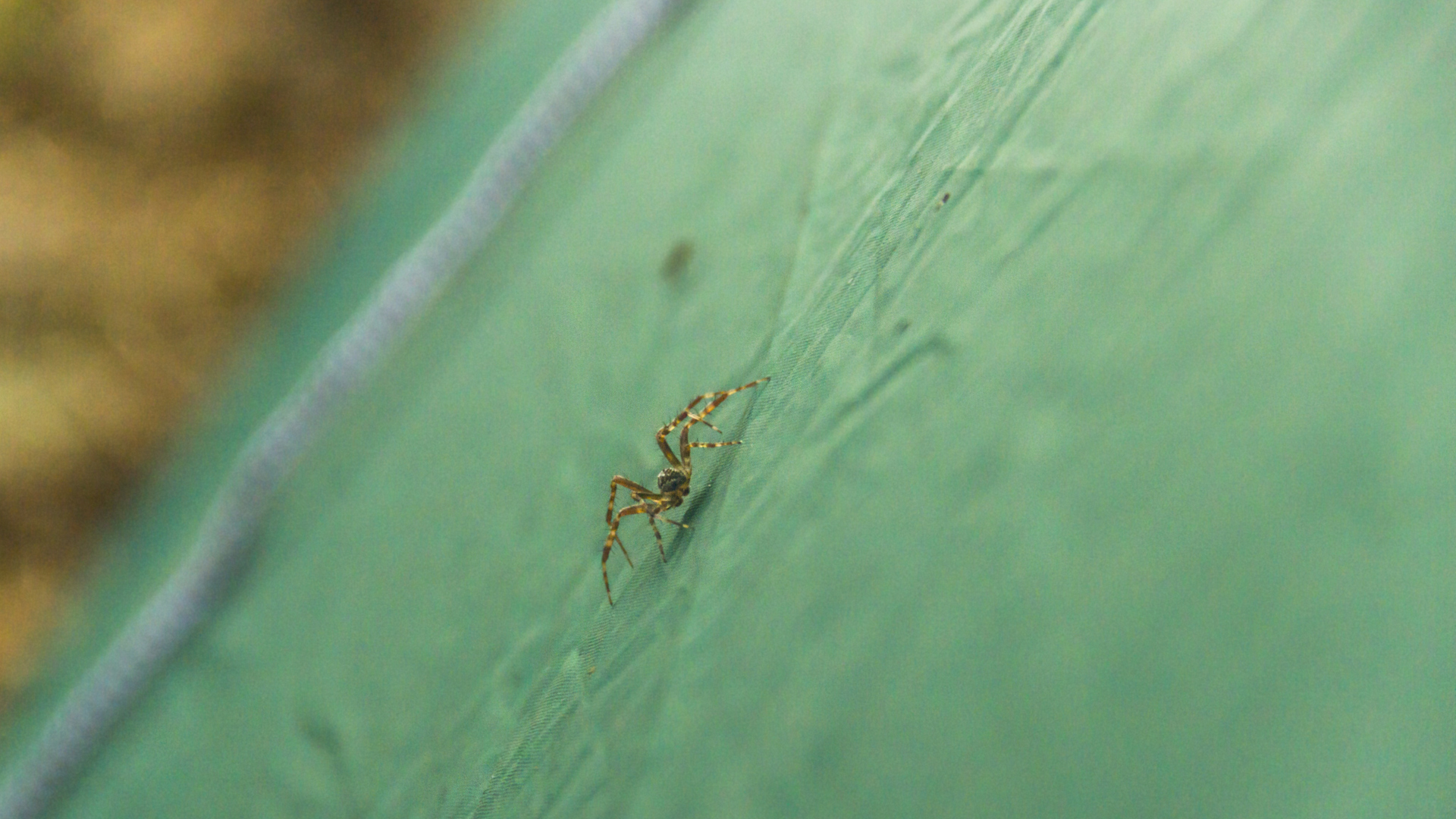
1. Pitch away from standing water
First things first, consider where you’re pitching your tent. It might seem like mosquitos are just part and parcel of summer, but there are definitely areas that attract more bugs. Areas of standing water, whether that be boggy conditions, wet grass or a pond or lake, can mean you’ll be tormented all night long. Look for dry land away from standing water.
2. Avoid thick vegetation
Trees, long grass and flowers are all lovely for insects, who come seeking the moisture they gather and the shelter and pollen they offer. They tend to block the breeze, which might seem useful when you’re trying to light your campfire, but the truth is that a light breeze is your best friend when you're trying to keep bugs at bay. You might not be able to conjure up a breeze, but make sure you’re not too sheltered, and find a nice open space for your tent.
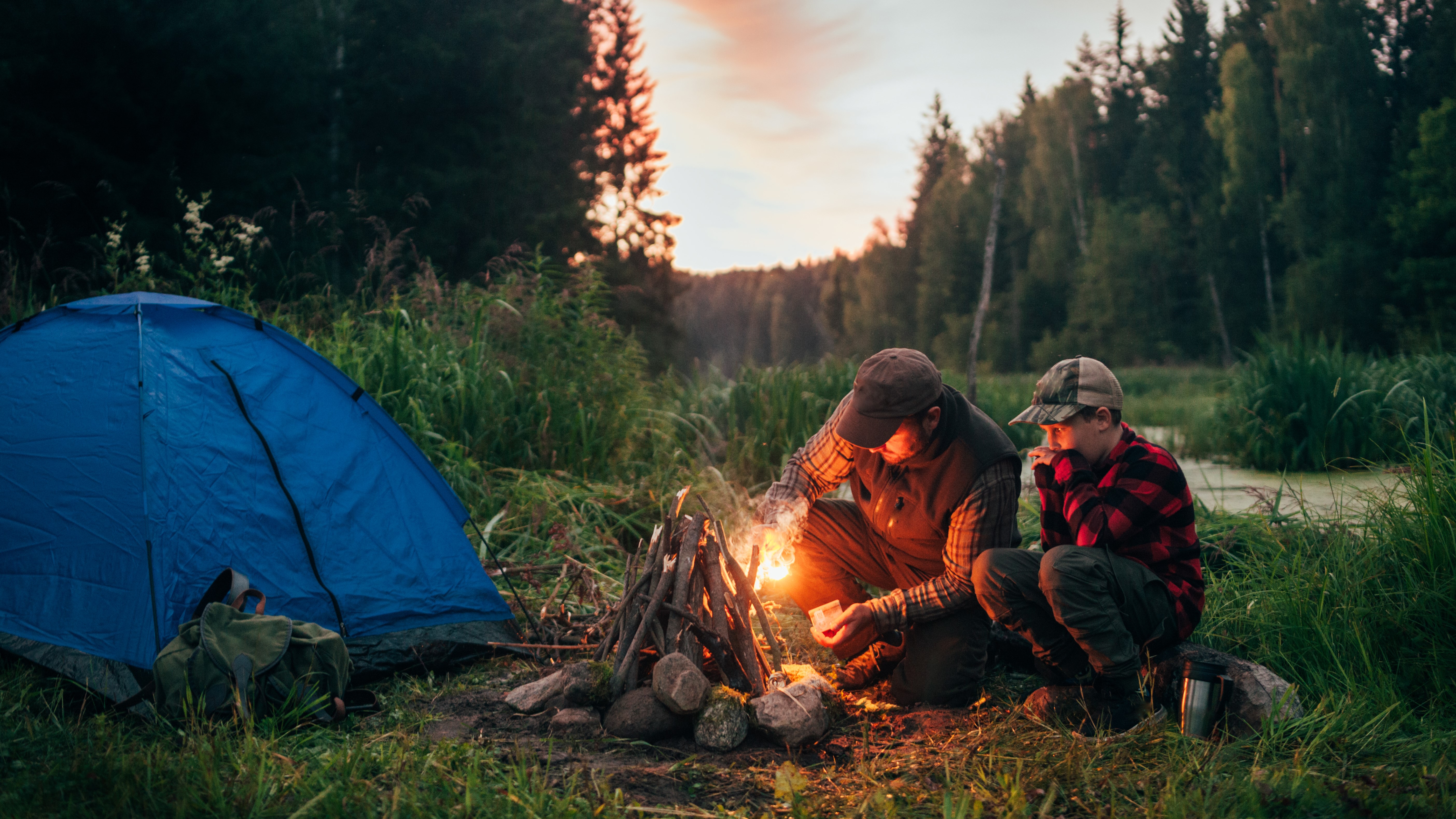
3. Keep it zipped up
Once you’ve found a good spot for your tent, the key to keeping it bug free is to keep the tent inner zipped up at all times, even when you’re pitching it. It might be tempting to let the air flow through it in summer, but a well ventilated tent like the Kelty All Inn 2, which we rated one of the best two person tents, will provide plenty of airflow even zipped up, especially if you can keep the rain fly off.
Ideally, once your tent is set up you can leave it alone and zipped up until it’s bedtime, so you’re not constantly zipping and unzipping it throughout the afternoon and evening, only to crawl inside it at the end of the day to find an army of hungry diners awaiting a banquet.
Advnture Newsletter
All the latest inspiration, tips and guides to help you plan your next Advnture!
4. Ditch the fragrances
If you like to slather yourself in smelly lotions and hair gel and you’re the only one in your party with a bug-infested tent, there might be a connection between the two. Some insects are attracted to fragrances, which might make them more likely to follow you into your tent, so skip the scents and go au natural. If you’re worried about the smell, read up on how to shower while camping.
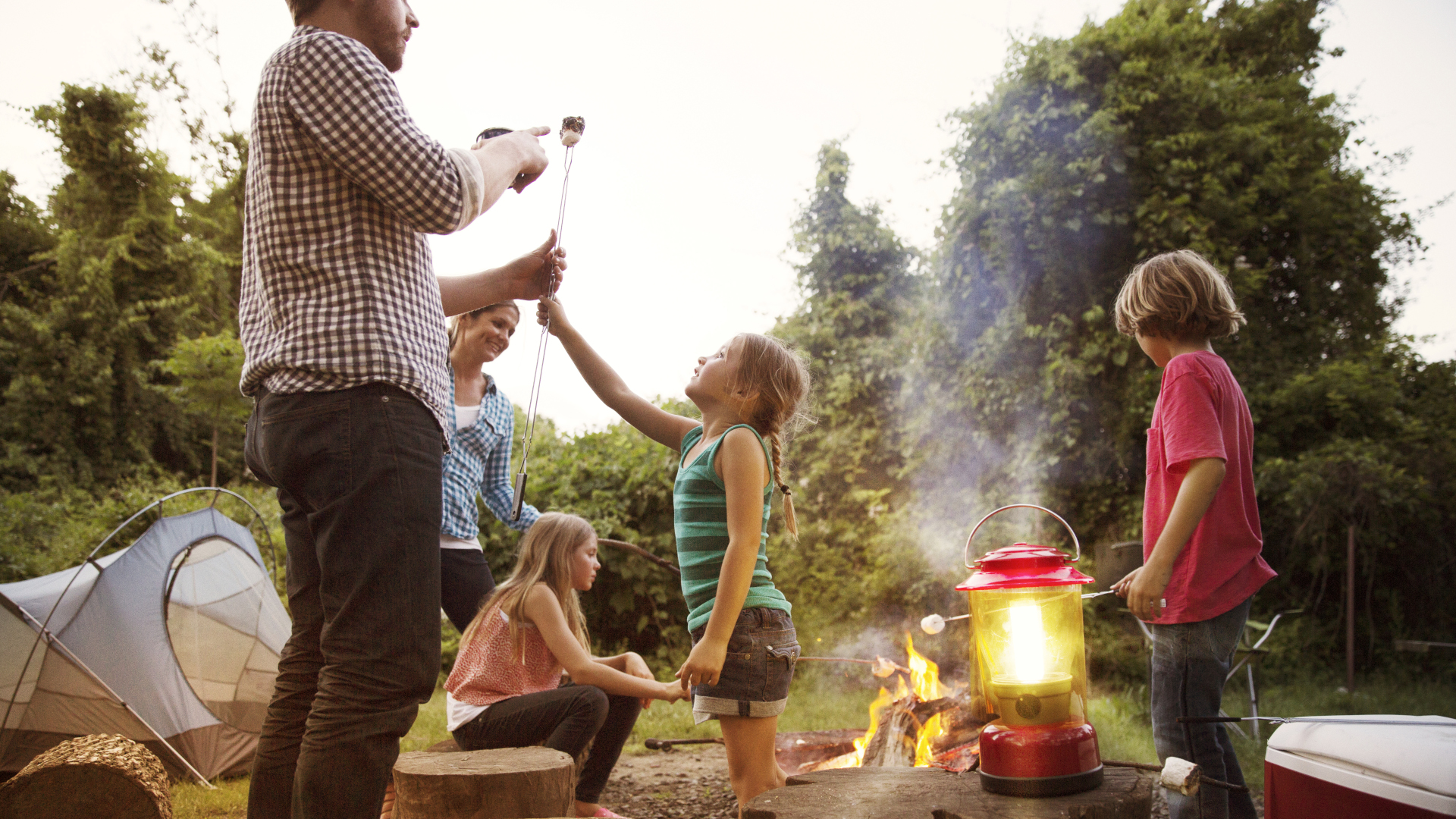
5. Keep it clean
Another scent that will attract pests like wasps and flies is that of food. Obviously, you have to eat, but when you’re not eating, keep your campsite clean. Don’t leave food wrappers, apple cores and surgery drinks cans lying around or you’ll invite a lot of unwanted visitors to camp, and the more insects flying around outside, the more likely you are to end up sharing your tent with them later. Secure trash in bags and use bear bins if you’re camping in bear county, otherwise wasps will be the least of your worries.
6. Burn candles
As you probably already know, campfire smoke is a great way to ward off insects, and you can increase that effect by burning citronella candles too. You do need to take care using candles in a campsite, especially if there are children or dogs present, but they are effective. It’s safest to keep them inside jars and up on your camping table so they can’t get kicked over, and remember to extinguish them along with your fire before bed.

7. Use a red light
Mosquitos and midges usually clear off soon after sunset when the temperature drops, but if you’ve ever camped in Minnesota, you know that’s not always the case. If you’re hanging out in your tent after dark, it’s a good idea to use a flashlight or headlamp with a red light function such as the Lifesystems Intensity 280, so that your tent isn’t being swarmed by bugs drawn by the light of your camping lantern. Then when you need to get up for a pee, they won’t all come swarming in the minute you unzip, or follow you back into your tent afterwards.
8. Look after your tent
Finally, if you’ve been following all of the above tips religiously and you’re still finding spiders and gnats inside your tent, your tent inner might have become compromised, leaving small holes to provide them with VIP access. Make sure you know how to store your tent when you’re not using it and how to clean it to keep it in mint condition. Examine it before you take it out in the field and see if you need to make any tent repairs.
Julia Clarke is a staff writer for Advnture.com and the author of the book Restorative Yoga for Beginners. She loves to explore mountains on foot, bike, skis and belay and then recover on the the yoga mat. Julia graduated with a degree in journalism in 2004 and spent eight years working as a radio presenter in Kansas City, Vermont, Boston and New York City before discovering the joys of the Rocky Mountains. She then detoured west to Colorado and enjoyed 11 years teaching yoga in Vail before returning to her hometown of Glasgow, Scotland in 2020 to focus on family and writing.

